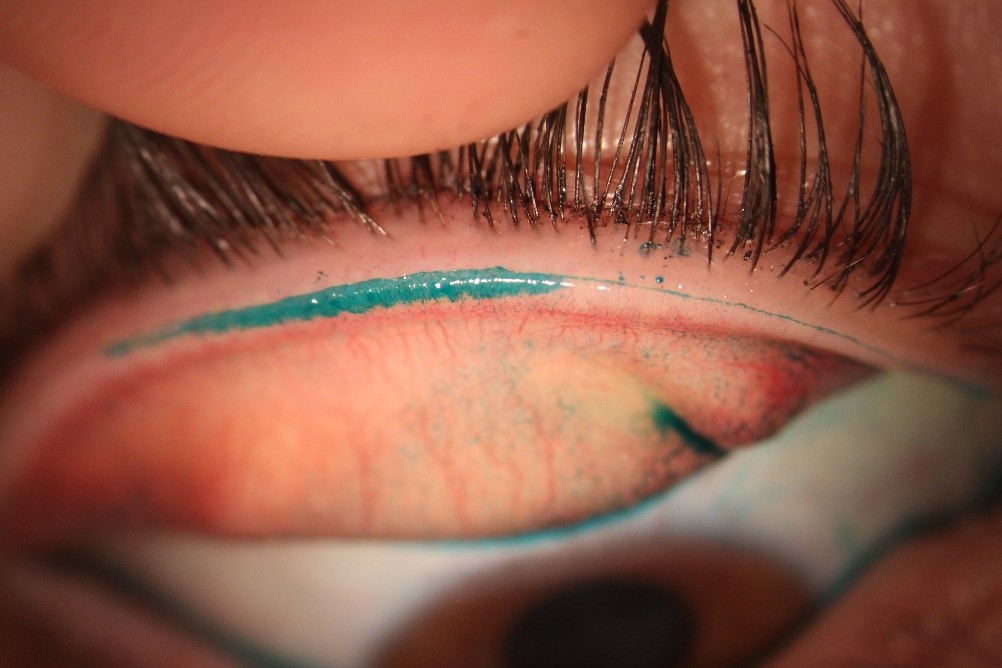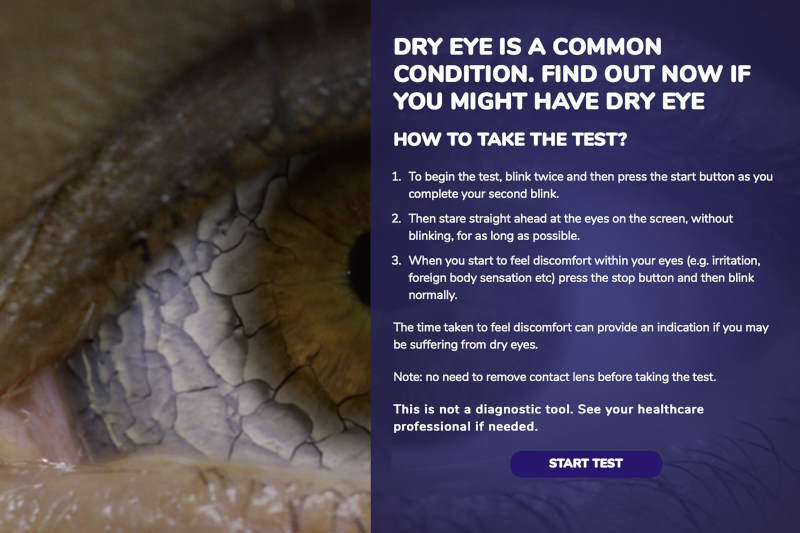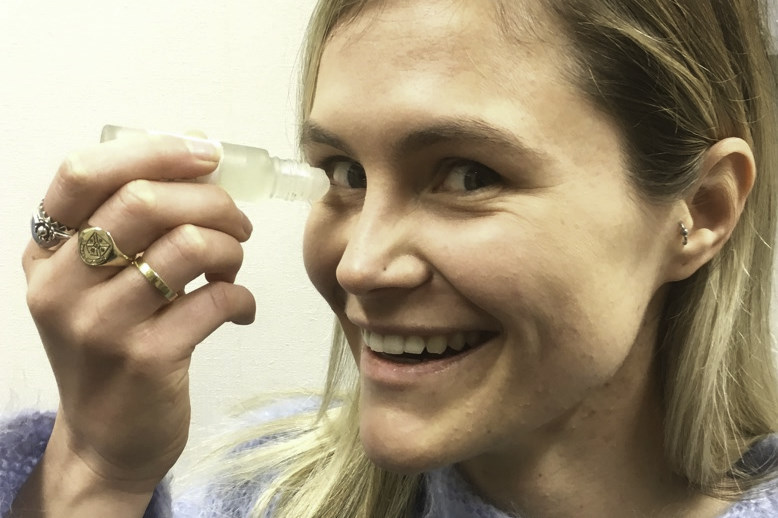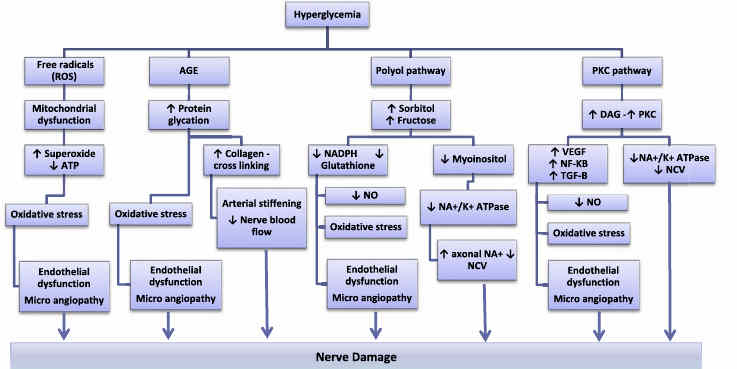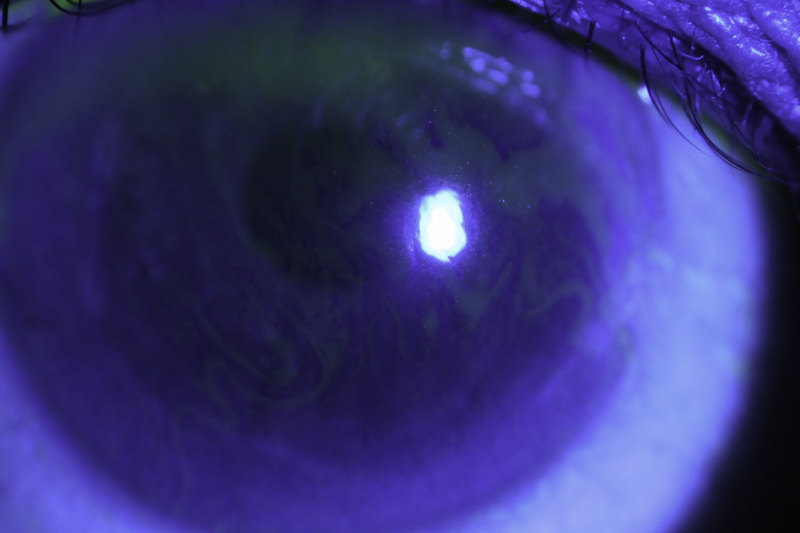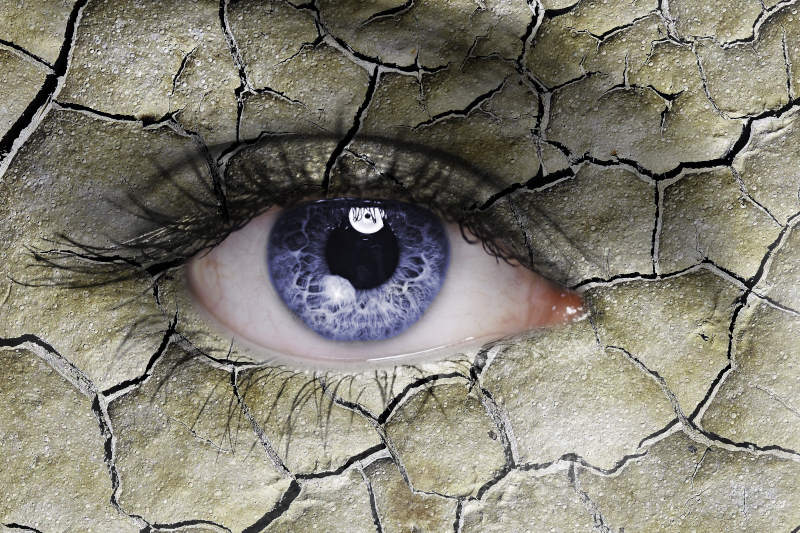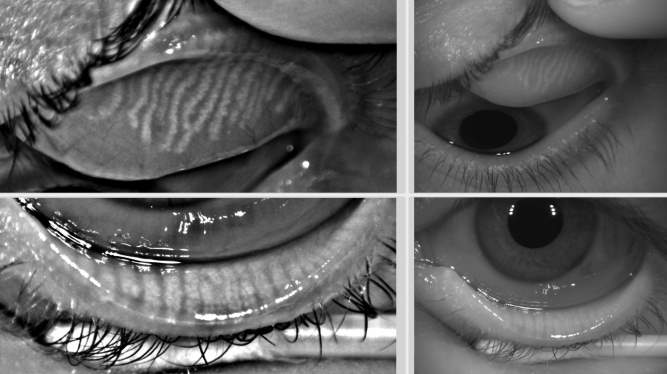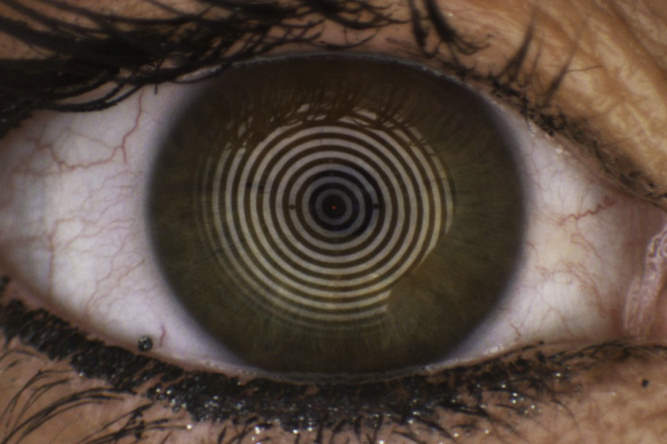DED and the Dunedin Study
The Dunedin Multidisciplinary Health and Development Study is a well-established, large longitudinal study on human health, development, ageing and behaviour, which has been ongoing for more than 40 years. The study has been tracking more than 1000 participants since they were born in 1972 or 1973. In 2017, for the first time, dry eye disease (DED) was included as part of the study, as the participants turn 45.
TFOS DEWS II identified significant gaps in the existing dry eye literature, including a lack of population-based prevalence studies from the Southern Hemisphere over the past decade, as well as limited scientific literature investigating the natural history of DED. The TFOS DEWS II epidemiology subcommittee also identified a significant shortage of scientific evidence, which is needed to provide a comprehensive understanding of the risk factors for DED and to better understand the relationship between medical conditions and dry disease.
It is hoped that the dry eye arm of the Dunedin Study will be able to help address some of the identified gaps in the current dry eye literature, through characterising ocular surface and tear film parameters within a large, age-controlled cohort based in the Southern Hemisphere, exploring the potential interactions between systemic conditions and DED and assessing whether dry eye may be a biomarker of the ageing process.
Data collection is currently well underway and it is hoped the findings will be released over the next two years.
Dr Graham Wilson is a Gisborne-based ophthalmologist and principal investigator for all eye-related matters on the Dunedin Study. A/Prof Jennifer Craig and Dr Michael Wang are based at the Ocular Surface Laboratory at the University of Auckland.












